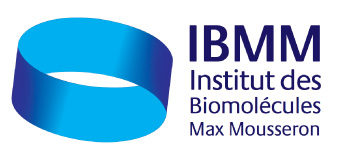Reactive extrusion (REX): the future of drug synthesis, continuous and solvent-free, is now!
The pharmaceutical industry is a major consumer of organic solvents, which are often dangerous, toxic and polluting, for the production of active pharmaceutical ingredients (APIs). To counter the ecological and economic challenges linked to the use of solvents in the fine chemicals industry, the Green Chemistry and Enabling Technologies team at IBMM has been involved for some time in developing mechanochemistry methods, mainly by ball-milling in the absence of solvent. However, milling is a batch process in a closed reactor and the scaling up of the corresponding reaction remains complicated. A radically different approach consisted in transposing these transformations into a continuous mode by using an extruder, a classical apparatus in the fields of polymer and food sciences, and which allows to cope with solids or very concentrated mixtures. The Green Chemistry and Enabling Technologies team, with the financial support of, among others, the Carnot Institute Chimie Balard Cirimat, was thus able to show that the reactive extrusion approach can easily create amide bonds present in 25% of the drugs on the market. This method was applied to the synthesis of two important APIs, teriflunomide (a treatment for multiple sclerosis) and moclobemide (an antidepressant). Thus, in 2 minutes, 11 grams of moclobemide were continuously synthesized, and just by feeding further the apparatus with starting material, the desired quantity could be prepared. One can already imagine the impact that these results will have in the pharmaceutical industry!
Link to the publication :
Amidation by reactive extrusion for the synthesis of active pharmaceutical ingredients teriflunomide and moclobemide
Matthieu Lavayssiere et Frédéric Lamaty
Chem. Commun. 2023
Contact :
Frédéric Lamaty ()

